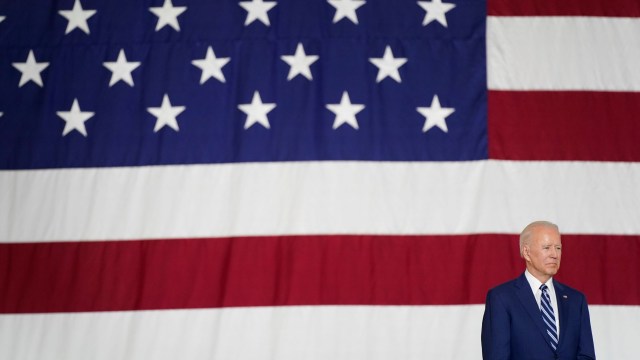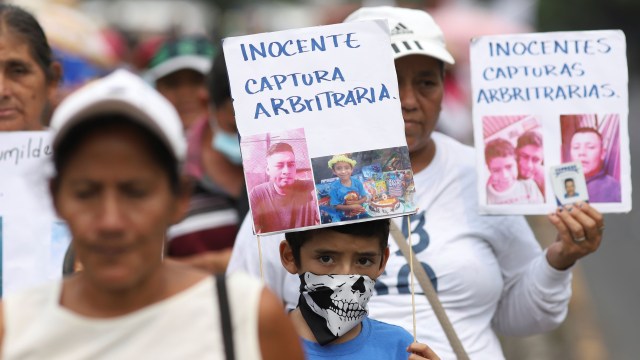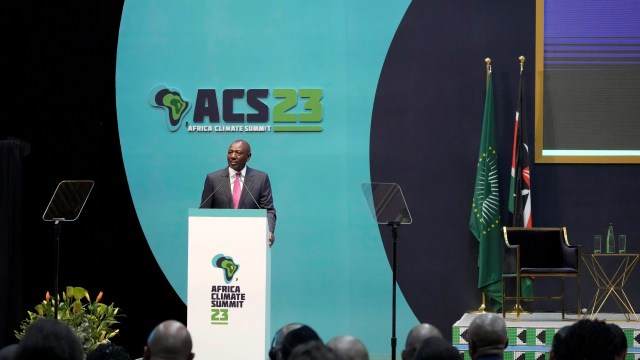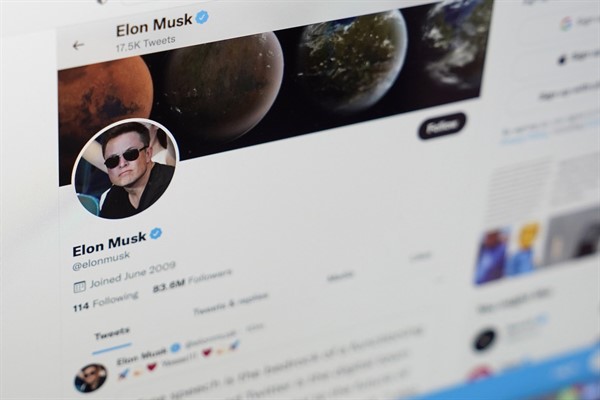Today at WPR, we’re covering African countries’ reaction to the Israel-Hamas war and Biden’s foreign policy blind spot.
But first, here’s our take on today’s top story.
Twitter: A year after billionaire Elon Musk took over Twitter, the social media platform looks very different. It is now called X. It has a completely overhauled verification system. And misinformation and hate speech have increased, while advertising and usage has decreased. (New York Times)
Our Take: Under Musk, the platform formerly known as Twitter was already becoming something of a dumpster fire, for lack of a better term, driving many users away and decreasing the platform’s role as a central hub for real-time news and information. But until recently, X’s demise was mostly a business and entertainment story—a soap opera with little visible impact on the real world.
That changed a little less than three weeks ago with the start of the Israel-Hamas war, the first major geopolitical crisis to erupt in the Musk era of X.
Get the Daily Review sent straight to your inbox every weekday.
In that short time, the conflict has already highlighted the dangers that the degradation of the site can pose to global politics. Musk himself has amplified accounts known for disseminating disinformation, while a lack of content moderation in general has made it easier to spread disinformation as well as hateful and violent content on the site. Both are now so ubiquitous on the platform that the European Commission made a formal, legally binding request to X for information about its moderation of content related to the war.
The war in Gaza has also highlighted the degree to which the degradation of the platform has disrupted its usage as a news source and a way for governments to rapidly communicate with the public, making it less useful for public safety and public diplomacy.
For civil society, which has come to use Twitter as a way to organize protests, track events and disseminate information, the changes that Musk has made to X’s algorithm have submerged these movements beneath oceans of purchased amplification and more extreme content. Looking ahead, those changes will have significant implications for the ability to create and sustain political and social movements.
All of these issues are particularly acute in the Global South, where in many countries Twitter had become something of a public square, amplifying marginalized voices that previously did not have the ability to reach a broader audience—or hold more powerful actors accountable. Even before Musk, Twitter often paid less attention to non-Anglophone and non-Western markets. Now, that problem is even worse.
To be sure, Twitter was far from a perfect platform before Musk’s purchase of it, and some of these problems—namely the spread of misinformation—predate him. But as the Israel-Hamas war is showing, its ruination has repercussions for global politics in the real world and in real time.


Israel Is Jeopardizing Decades of Diplomatic Progress in Africa
As with the war in Ukraine, fault lines in the international system have begun to emerge in reaction to the Israel-Hamas war. While few governments in the Global South have explicitly endorsed Hamas, neither have they mirrored the outpouring of unequivocal support for Israel from Western capitals. At the same time, their reactions are by no means monolithic.
This variation was perhaps most evident among the African Union’s 55 member states, whose positions on the conflict reflects their different histories, traditions and interests, as well as the preferences of national leaders tasked with crystallizing those factors into a coherent foreign policy, Chris Ògúnmọ́dẹdé writes.
Biden’s ‘Do It All’ Foreign Policy Has a Major Weakness
President Joe Biden is confident the United States can do it all: support both Ukraine and Israel at war, contain China, thwart Iran, regulate and secure the U.S. border, and address a host of other security crises now facing the world.

Despite his confidence, however, the current situation may be too much even for Biden to handle. Not because he doesn’t have a grasp on the diplomatic nuances and decision-making necessary to handle international crises, but because of domestic politics.
As columnist Paul Poast writes, this is most evident with respect to ensuring the proverbial “sinew of war”: money.

Last week, news broke of a deal between the government of Venezuelan President Nicolas Maduro, the country’s political opposition and—unofficially—the United States guaranteeing a competitive election in 2024. In return, the Biden administration announced that Washington would lift sectoral sanctions on Venezuela’s oil and gold industries.
This week’s question: Should the U.S. have rolled back sanctions on Venezuela in order to ensure a competitive election there next year?
The results? 79% of respondents said “Yes.”

Salvadoran President Nayib Bukele formally filed paperwork yesterday to run for reelection next year, despite concerns over his constitutional eligibility to do so. The constitution prohibits presidents from serving consecutive terms, but the country’s top court nevertheless ruled in 2021 that Bukele could seek a second term in 2024. The court’s judges were appointed by Congress, which is controlled by Bukele’s party.
Bukele currently enjoys strong popular backing in El Salvador, with a recent poll giving his party nearly 70% support, compared to just over 4% for its closest competitor. But as Frida Ghitis wrote in June, Bukele has also shown a disdain for democratic institutions. After a series of power grabs, he and his acolytes now control all three branches of government, potentially making him undefeatable.

El Salvador’s Opposition Eyes a Long-Shot Coalition to Unseat Bukele
June 1, 2023 | The leaders of El Salvador’s two main opposition parties are reportedly discussing a plan to field a single presidential candidate in the country’s 2024 election. Read more.
Carbon offset developer South Pole, a Swiss firm, has terminated its involvement in the Kariba REDD+ project in Zimbabwe, which has generated 36 million carbon credits since 2011 but has come under scrutiny amid reports that it had been over-rewarded with credits.
Many African countries have embraced carbon offset projects as a way to address the urgent need for predictable climate financing across the continent, which is already bearing the harshest burden of climate change. As Zikora Ibeh wrote last month, however, embracing the carbon market comes with significant downsides. African nations would do better to seek other solutions.
Carbon Markets Aren’t the Answer to Africa’s Climate Finance Problem
Sept. 15, 2023 | The Africa Climate Summit embraced carbon offset markets as a way to solve the continent’s climate finance problems. That’s a mistake. Read more.

More From WPR
- Peter Salisbury on the war in Yemen.
- Frida Ghitis on Chile’s new draft constitution.
- Alexander Clarkson on the EU and geopolitics.
- Laurence Broers on the Nagorno-Karabakh wars.

